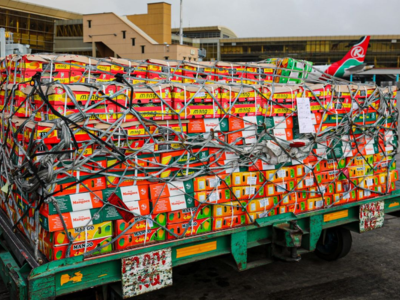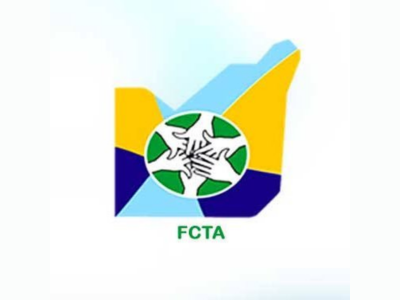Nigeria to Transform 417 Grazing Reserves into Livestock Villages
- by Admin.
- Sep 15, 2025

Credit:
The Federal Government of Nigeria has announced plans to convert 417 grazing reserves nationwide into Renewed Hope Livestock Villages (RHLVs), aiming to modernize pastoralism, curb herder-farmer conflicts, and boost rural economies with infrastructure like solar power, schools, and healthcare.
Minister of Livestock Development Idi Maiha unveiled the initiative over the weekend, emphasizing its goal to resettle pastoralists and enhance livestock production amid challenges like climate change and resource competition. The villages will feature stable electricity through a partnership with the Rural Electrification Agency (REA), alongside schools, health centers, markets, abattoirs, veterinary clinics, irrigation, roads, clean water, and security systems. Pilot projects are set for Wawazangi Reserve in Gombe, Wasem in Plateau, Gongoshin in Adamawa, and Ka’u in the Federal Capital Territory’s Bwari Area Council.
Maiha highlighted the unsustainability of nomadic pastoralism due to a growing national herd and shrinking land, stating, “We are rehabilitating these reserves to improve quality of life, modernize livestock farming, and incentivize pastoralists to remain in settled communities.” The initiative, tailored to each reserve’s needs, will support cattle, pig, goat, and sheep farmers, with phased rollouts to benefit millions, including those outside reserves. REA Executive Secretary Abba Aliyu called it a “marriage of convenience,” noting that electrifying these clusters aligns with powering rural sectors.
The plan follows contentious past efforts like the Rural Grazing Area (RUGA) and National Livestock Transformation Plan, which faced opposition from states fearing land grabs or favoritism. Critics, citing security reports, note that farmer-herder clashes have killed thousands in recent years, particularly in the Middle Belt, and question whether villages could exacerbate tensions without addressing land rights. In 2024, the Miyetti Allah Cattle Breeders Association reported 2,000 herder deaths and 500,000 displaced cattle, underscoring the stakes.
In a related push, Agriculture and Food Security Minister Abubakar Kyari, speaking at a UN climate forum in Rome, outlined Nigeria’s broader agricultural strategy. He detailed partnerships with the FAO since 2022 to promote climate-resilient farming through improved seeds, soil management, and agroforestry. Kyari emphasized the National Agrifood Systems Investment Plan (NASIP), which aims to boost production, create jobs, and cut emissions, and the National Adaptation Plan (NAP), focusing on community-led solutions and empowering women and youth farmers.
The RHLV initiative marks a bold step toward reshaping Nigeria’s livestock sector, but its success hinges on navigating historical mistrust and delivering tangible benefits to diverse communities.













0 Comment(s)